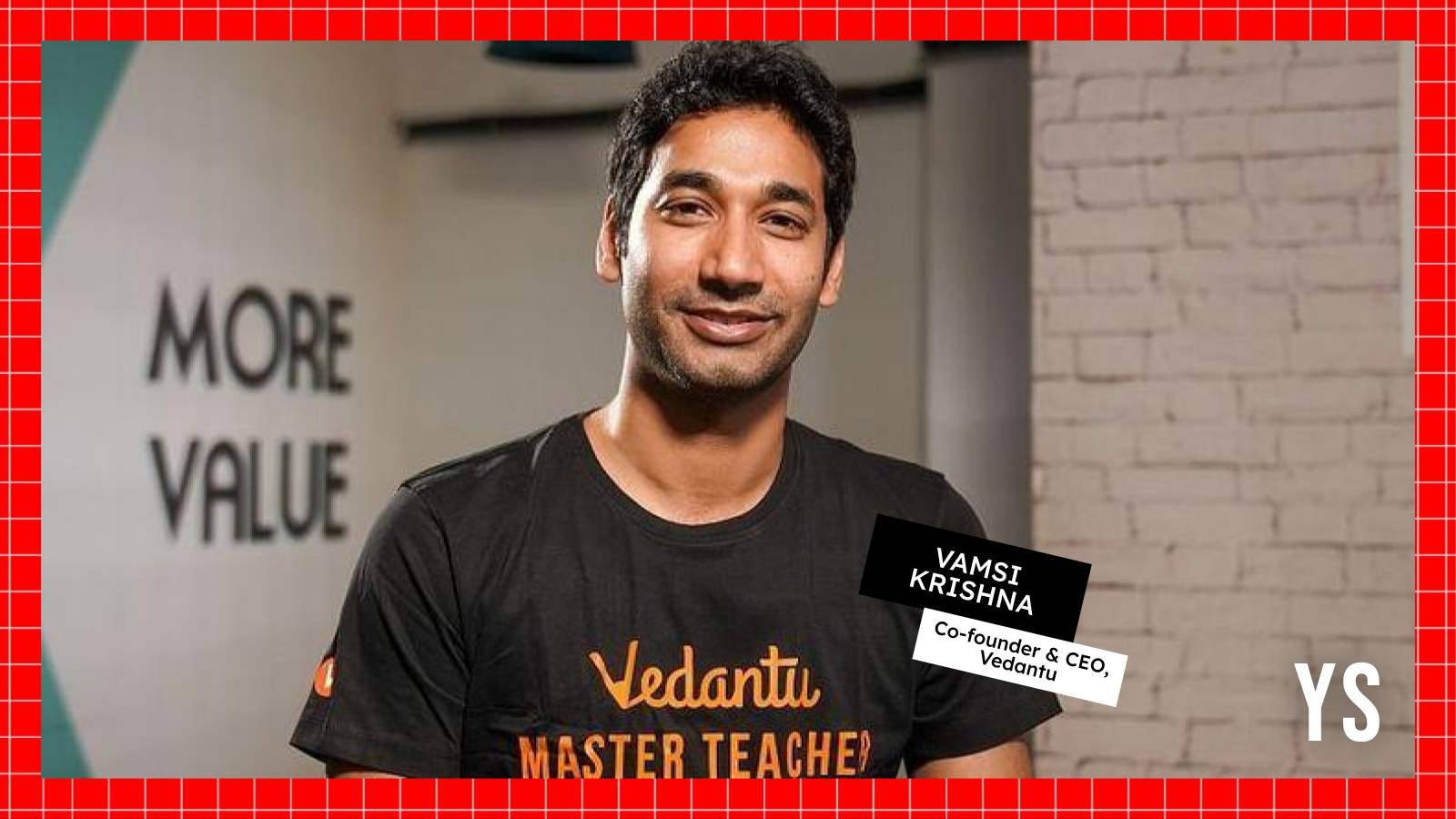By Ishan Patra
Copyright yourstory

Edtech firm Vedantu has raised $11 million in primary capital from existing investors through convertible notes, with the round led by ABC World Asia and participation from Accel and Omidyar Network, as part of a larger funding round that is still in progress.
“We are also exploring external participation. The plan is to carry out most of this through a secondary transaction, which would allow us to provide exits to the Chinese investors and a few others. The process is currently underway,” Vedantu Co-founder and CEO Vamsi Krishna told YourStory.
Last month, YourStory reported that Vedantu is seeking external investors for a secondary funding round to facilitate the exit of its Chinese shareholders ahead of a possible public listing in two years, alongside a primary infusion of about $12 million with additional commitments from existing backers.
Business daily Mint earlier reported that Vedantu is looking to raise about $10–15 million from existing investors through convertible notes.
Vedantu is in discussions with investors to potentially raise an additional $20–$25 million in primary and secondary capital over the next five to six months, people familiar with the matter told YourStory.
This could comprise $5-$10 million in primary capital and $12-$15 million in secondary capital, one of the people quoted above said, adding that the K-12-focused company has a commitment of about $7 to $8 million from existing investors.
A primary capital round is when a company issues new shares to raise money, which increases its cash and overall value. A secondary round is when existing shareholders sell their shares to new investors, letting them cash out without the company receiving new funds.
Meanwhile, a convertible equity round is a type of funding where investors give money now that can later turn into shares, usually at a future valuation. This lets the company raise money quickly without setting a fixed value right away, while giving early investors a chance to benefit if the company grows.
The fresh infusion of primary capital from Vedantu’s existing investors will be deployed across several key areas. This includes expanding into new categories through both organic growth and inorganic opportunities, as well as investing in technology, artificial intelligence, and adaptive content to enhance personalisation and improve learning outcomes.
Speaking about potential M&A’s, the Vedantu chief noted, “Our interest is driven by our positive experience with the acquisition of Deeksha, which contributed not only to our top line but also to a profitable bottom line. Based on this experience, we are open to exploring similar opportunities, both offline and online, within the K–12 education space.”
Vednatu acquired test-prep company Deeksha for $40 million in a cash-and-stock deal in late 2022.
Krishna noted that the additional capital provides the company with extra cushioning, even as it sees cash-flow positivity.
The edtech firm recently posted its first-ever quarter of cash-flow positivity since its inception in 2014. Being cash-flow positive means there’s more money coming in than going out.
In the January to March quarter of 2025, Vedantu achieved cash-flow positivity of Rs 6 crore, and with collections of Rs 110 crore in April to June 2025, it is also cash-flow positive; there are strong indications that the company will remain cash-flow positive for the ongoing financial year.
“Over the last 18 months, we have demonstrated disciplined growth and a clear path to profitability. The upcoming external round and secondary process will further strengthen our balance sheet, align our shareholder base, and set us up for a potential public market listing in CY 2027,” Krishna said.
The firm’s target is to reach a top-line run rate of Rs 700–Rs 800 crore with a bottom line of Rs 80–Rs 100 crore. Currently, Vedantu is at a run rate of around Rs 400–Rs 430 crore, and it aims to nearly double this over the next two years, Krishna said, adding that barring market fluctuations, the startup is looking at a potential IPO in calendar year 2027, or at the latest, 2028.
Meanwhile, as PhysicsWallah moves towards a Rs 3,820 crore listing, it has turned into a proxy for the credibility of an industry. Investors and founders alike are watching closely, as success could open doors for more listings after BYJU’S struggles and a sector-wide slowdown.
(Edited by Jyoti Narayan)



